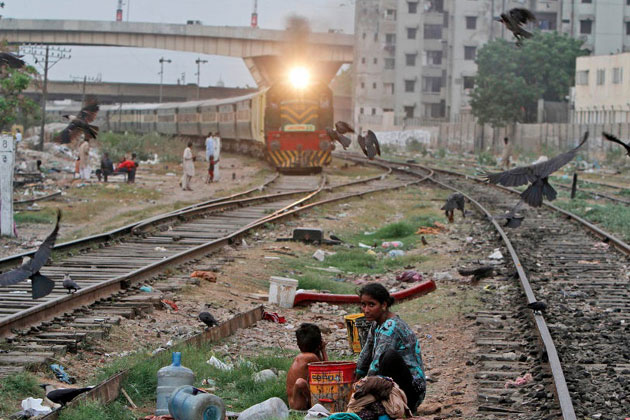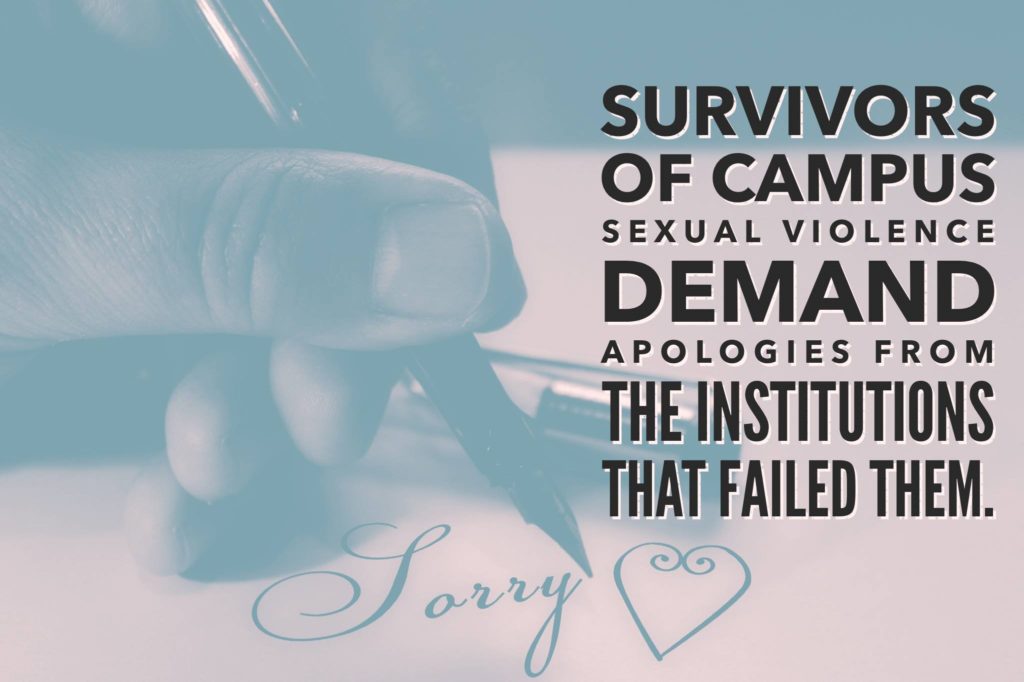Grace Gageby, Dublin, Ireland, SSH Blog Correspondent
Trigger Warning – Sexual assault, rape
 When gathering stories about harassment and sexual assault from my friends for my first article published on Stop Street Harassment, Beatrice told me about her first encounter:
When gathering stories about harassment and sexual assault from my friends for my first article published on Stop Street Harassment, Beatrice told me about her first encounter:
“My uncle tried when I was four. It was only my mom who stood by me when I told my family the story. My dad and the rest of the men refused to let me speak. My great-grandmother resented my mother for speaking up”.
Sexual assault is a topic that is, of course, always difficult to talk about. Speaking up is just the start of a process that can take years, a journey through the justice system that won’t necessarily end in justice, and it can require repeated retelling of a traumatic event. Victim blaming is still rampant across the world, as is women’s fear of their claims being doubted or ignored. Speaking up about sexual assault is not only difficult because of the severe mental distress it causes, but because the abuser is often known to the victim, and a familial relationship can further hinder the victim from making their abuse known.
Too often sexual violence and harassment are viewed as something men do out of attraction, rather than a desire to dominate and hurt women. This is seen in the use of sexual violence as a weapon of war. For example, more than 20,000 Muslim girls and women have been raped in Bosnia since the fighting began in April 1992, according to a European Community fact-finding team. More recently, Islamic State has used rape as a weapon to terrorize communities, particularly across northern Iraq. In these cases, rape is used to traumatize victims, to control, to undermine individual’s autonomy, and to spread mass distress. Combating sexual assault in a global context requires an understanding of how gendered and socially constructed the world is.
Similarly, street harassment, something too often dismissed as a ‘compliment’, is really about displaying dominance. It is about reminding women of patriarchal power structures in our society, reminding subordinated groups of their vulnerability, and sending the message that public spaces do not belong to them. Men who harass women and members of the LGBT community also bank on women remaining silent, on not asserting themselves. Harassment is not an unfortunate digression, but a manifestation and preservation of the systematic oppression and maltreatment of women.
In tolerating street harassment, we set a precedent for other acts of gender-based violence to occur, and to be condoned. It is the duty of all to stand up to harassment and smaller instances of gendered intimidation, so that more grievous violence can be opposed.
Grace is a student. She writes regularly for her school newsletter and yearbook, and has been published in Inis Magazine. Grace is currently involved with the socialist feminist group ROSA (for Reproductive rights, against Oppression, Sexism & Austerity), and their campaign for abortion rights in Ireland.

 The most visible response is happening over Twitter. On Friday night, author Kelly Oxford
The most visible response is happening over Twitter. On Friday night, author Kelly Oxford 

 A few years have passed since Wanjuki and Wilingham were sexually assaulted while students at Tufts University and Harvard Law School respectively, they discuss the long-range impact of institutional betrayal. In a
A few years have passed since Wanjuki and Wilingham were sexually assaulted while students at Tufts University and Harvard Law School respectively, they discuss the long-range impact of institutional betrayal. In a  Wanjuki and Willingham are reminding us through their deeply personal and cathartic actions that genuine apologizing is a rare, critical, and distressingly radical act for administrators and institutions. Survivors Ending Rape Culture is calling on survivors to send them items from alma maters who failed them or to post videos or photos of themselves withholding their donations to their institutions.
Wanjuki and Willingham are reminding us through their deeply personal and cathartic actions that genuine apologizing is a rare, critical, and distressingly radical act for administrators and institutions. Survivors Ending Rape Culture is calling on survivors to send them items from alma maters who failed them or to post videos or photos of themselves withholding their donations to their institutions. Recently, I was out with a friend for a night on the town. When the night was over, we were waiting for our ride home on the sidewalk outside of our favorite late-night food spot. We happened to overhear a conversation between three men standing near us on the sidewalk. They were discussing a rape case, and talking about how “the girl was definitely lying about the rape.”
Recently, I was out with a friend for a night on the town. When the night was over, we were waiting for our ride home on the sidewalk outside of our favorite late-night food spot. We happened to overhear a conversation between three men standing near us on the sidewalk. They were discussing a rape case, and talking about how “the girl was definitely lying about the rape.”